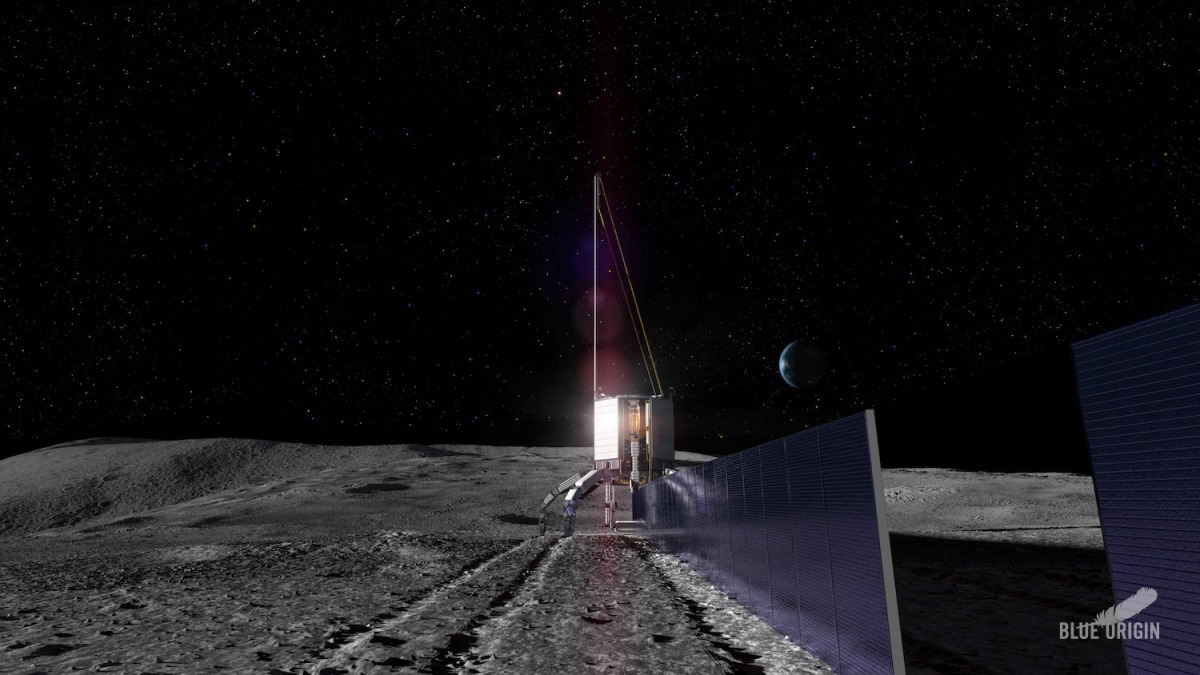
Blue Origin, Astrobotic, Varda Space and others win NASA funding to develop advanced space tech
NASA awarded new funding to eleven companies today for advanced space tech projects ranging from advanced power generation on the lunar surface to additive manufacturing for space habitats.
The awards, which total $150 million across all eleven companies, were announced as part of the space agency’s Tipping Point program. According to NASA, a technology is a “tipping point” if an investment in a demonstration would significantly mature the technology and bring it to market, for both future NASA missions and commercial customers.
In a statement, Prasun Desai, acting associate administrator for NASA’s Space Technology Mission Directorate, said that the awards are meant “to push crucial technologies over the finish line.”
“Our partnerships with industry could be a cornerstone of humanity’s return to the Moon under Artemis,” he said.
Five of the eleven awards are for technologies to support long-term exploration of the moon. Those include a $34.7 million award to Blue Origin to continue advancing its solution to process solar cells from lunar regolith, a process the company says “would bootstrap unlimited electricity and power transmission cables anywhere on the surface of the Moon.” The project is part of Blue Origin’s Blue Alchemist initiative it unveiled earlier this year.
Astrobotic, a company that hopes to send a lander to the moon in the fourth quarter of this year, was awarded $34.6 million to demonstrate a new power and transmission system on the lunar surface. The LunaGrid-Lite demonstration will aim to generate solar power and transmit it across a 1 kilometer-long power cable on the moon.
“LunaGrid-Lite will pave the way for power generation and distribution services on the Moon, and change the game for lunar surface systems like landers, rovers, habitats, science suits, and in-situ resource utilization pilot plants,” Astrobotic CEO john Thornton said in a statement. “With renewable, uninterrupted commercial power service, both crewed and robotic operations can be made sustainable for long-term operations.”
The other six projects to have received Tipping Point awards are focused on other areas of space technology. Those include a $1.9 million project from in-space manufacturing startup Varda Space Industries to mature and commercialize an advanced thermal protection system material first developed by NASA. United Launch Alliance was awarded $25 million to continue development of an inflatable heat shield technology, which could possibly be used to return portions of a rocket booster from space.
This is the agency’s sixth Tipping Point award cycle. The full list of awardees and NASA’s total contribution to each project can be found here.


